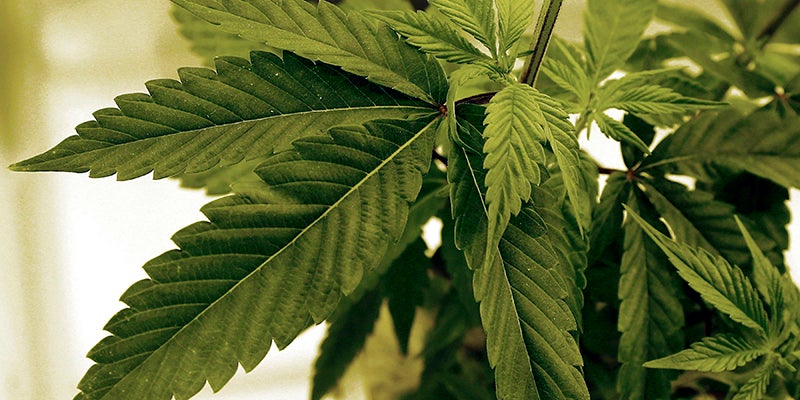Officials: MN frontline worker awards are subject to federal taxes
Published 1:48 pm Thursday, February 16, 2023
|
Getting your Trinity Audio player ready...
|
By Brian Bakst
More than 1 million Minnesota frontline workers who got payments from the state to reward their service during the COVID-19 pandemic are being reminded those bonuses are federally taxable.
The frontline bonuses that went to health care workers, grocery store employees, custodians and more were for $487.45 each. That payment is not subject to state taxes, but it is considered income for federal purposes.
The IRS gave a reprieve last week to taxpayers in 21 states that made special tax rebates or disaster payments last year. Minnesota was not among them.
“The IRS is aware of questions involving special tax refunds or payments made by certain states related to the pandemic and its associated consequences in 2022,” the federal tax department said in a news release. “A variety of state programs distributed these payments in 2022 and the rules surrounding their treatment for federal income tax purposes are complex. While in general payments made by states are includable in income for federal tax purposes, there are exceptions that would apply to many of the payments made by states in 2022.”
The Minnesota Department of Revenue is sticking with guidance provided before the pandemic worker bonuses went out last fall. Recipients are being told to include it when filing federal forms for 2022.
Alerts regarding the issue have gone out to frontline worker pay recipients, tax software vendors and tax preparers.
Gov. Tim Walz has again proposed a broader tax rebate plan this year that would provide a combined $3.9 billion in the form of a refundable tax credit paid in advance of normal filing. Qualified taxpayers would receive $1,000 for single filers or $2,000 for married filers, although there are income limits of $75,000 and $150,000 respectively. Additional credits of $200 would be allowed for up to three dependents.
The Walz administration said it tried to structure the payments to avoid federal taxation. It estimates that nearly 2.6 million households would qualify for payments that would go out in the fall.
Lawmakers have yet to move ahead on the Walz proposal.





